Field Testing Lab Report
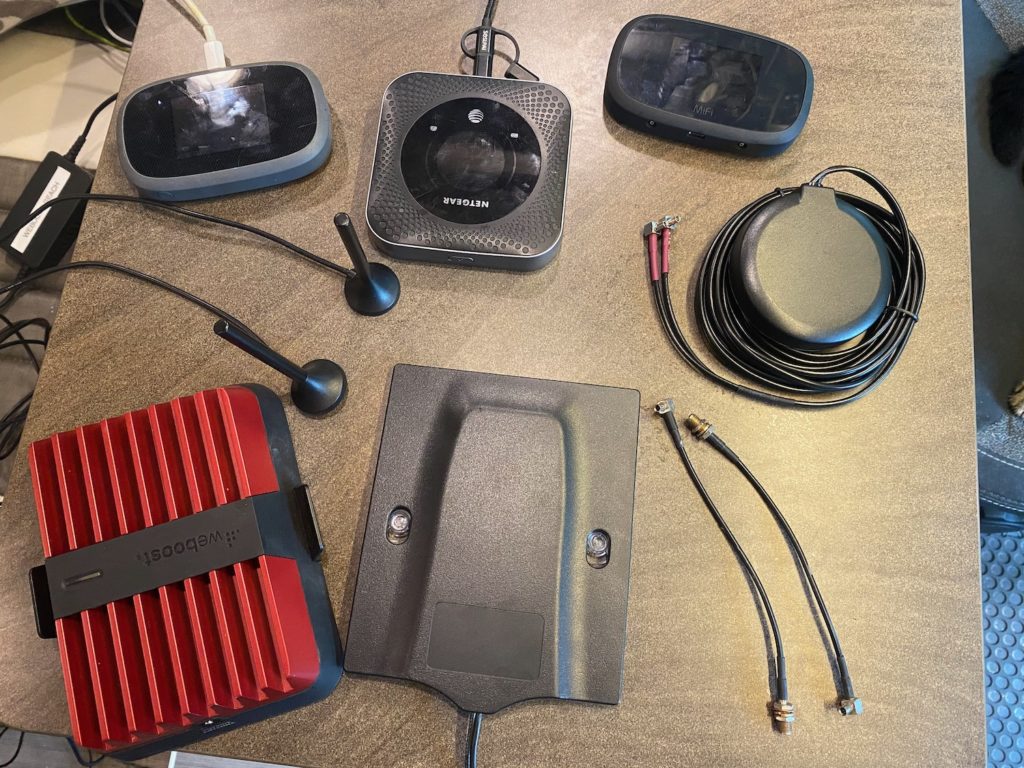 We are conducting another round of cellular signal enhancing options for mobile hotspot devices and routers this summer.
We are conducting another round of cellular signal enhancing options for mobile hotspot devices and routers this summer.
Antennas & Boosters:
This testing will compare some MIMO antenna options against the weBoost Drive Reach.
- Netgear MIMO Suction Cup - We pretty much have a love affair going on with this directional suction cup mounted antenna that plugs directly into LTE hotspots with dual antenna ports. The results were amazing - often outperforming roof mounted antennas and boosters.
- 'Double Stubby' - Mock MIMO - A long time favorite affordable roof mounted option. Not true MIMO, but two 4" Mag Mount antennas on a ground plane.
- Proxicast Ultra Low Profile MIMO - This antenna came on our radar recently. It's rare to find roof mounted MIMO antenna options with built in T-S9 connectors for mobile hotspots due to the longer wiring run needed over high loss cable. We'll be putting this one to the test.
- MobileMark LTM Series - These low profile all-in-one antennas are a top pick choice for cellular embedded routers. We're going to be using 2 of the cellular antennas in our 9-in-1 antenna (provided by MobileMustHave.com) as a comparison in this round.
- Puma 401 - Newly released by Peplink in July 2020, this new 4x4 MIMO antenna for their routers looks promising with Sub-6 5G support, including Band-71.
- weBoost Drive Reach - Continiung to test the current flagship weBoost mobile booster, with the original 4" stubby mag mount antenna, the 4G OTR antenna and their newly released magnet mount antenna for comparison.
The devices & the carriers we are testing them with include:
- Verizon - Inseego 8800L Jetpack
- AT&T / Cricket - Netgear Nighthawk MR1100, Moxee Mobile Hotspot
- Sprint - Inseego 8000 Mifi
For guides to boosters & antennas:
- Understanding & Optimizing your Cellular Data Performance
- Selecting a Cellular Antenna
- Understanding MIMO (Multiple Input, Multiple Output) – LTE Speed & Cell Booster Implications
Routers & Modems
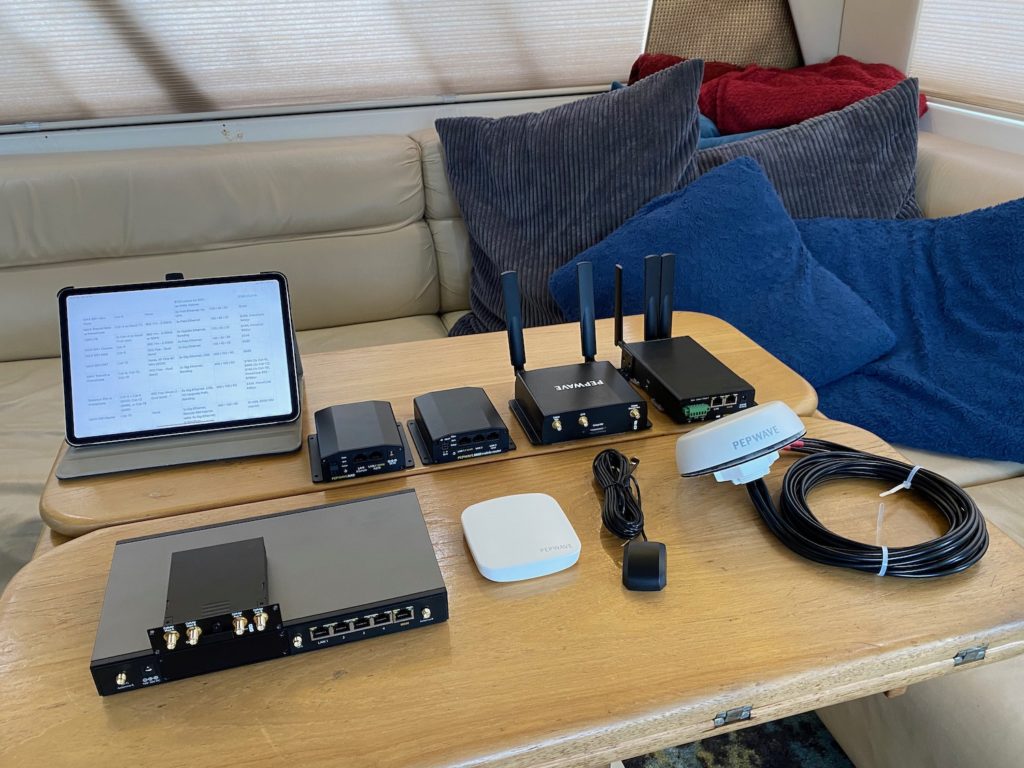
We also have a line-up of Peplink routers in for head to head comparison. We'll be taking these out into a variety signal areas to see how their modems stack up and getting more hands on experience:
- Balance 20X - Peplink's office router with an internal Cat-4 modem and expansion slot for a second modem. We have a Cat-18 in for testing, but in the future a 5G version should be available.
- Max Transit Duo - Sporting dual Cat-12 modems this has become a popular option for our audience, it was released in September 2019 and has been in non-stop testing since.
- MAX BR1 Mk2 - A solid router with a Cat-6 modem, it's a tried and true entry level option into Peplink's cellular embedded routers.
- Netgear Orbi LTE - Released in August 2020, we'll be sharing some hands on results with this new mesh networking router with built in Cat-18 modem.
For more on routers and the Peplink Line-Up:
- Mobile Routers - Local Area Networking with Mobile Internet Integration
- Product Lineup: Pepwave by Peplink (Mobile Routers)
Our Testing Procedures
During our testing, we will attempt to visit a variety of testing locations.
We start by taking 3 baseline readings with each of our cellular devices with no booster or antenna.
Each device is tested independently, with all other nearby devices in airplane mode to prevent any potential interference.
Next, for each device we test each booster and/or antenna combination. We take readings with the mobile hotspot device directly on the interior antenna for boosters, and for those claiming extended interior range we also test at 6' away.
The readings taken are:
-

Coverage maps Coverage? Map snapshot, showing a high-level view of anticipated service at each location.
- Signal strength db reading
- Signal bars/dots present & service type - HSPA, LTE (and specifically which band, when possible), 3G, 1XRT, Edge, etc.
- DL = Download speed.
- UL = Upload speed.
- Ping time.
- SNR or Quality - Signal to Noise Ratio, if reported by the device.
- Jitter - Stability of Ping Times
- Calculated scores, for use as a quick reference. Any score over 2.00 shows some improvement over the baseline reading.
For speed and ping readings, we are using the Ookla Speedtest app. When testing mobile hotspots we test on a device while connected via WiFi to the hotspot. We keep the distance between device and mobile hotspot consistent over the same WiFi band to rule out WiFi variables.
All of the individual field testing results and observations shared below are for our members. Not only will the results show the performance of each booster/antenna, but also what to expect in different types of signal situations.
Testing Disclaimer:
Our goal in our cellular and Wi-Fi gear testing isn’t to attempt to create perfectly “fair” lab conditions, which are impossible in the real world. Instead, we try to strike a balance between real-world scenarios and the need to be able to test multiple setups head-to-head while being able to rapidly switch between them.
By testing in a range of locations and situations patterns tend to emerge - and we always try to sanity-check our conclusions by mixing things up to make sure that the overall results make sense and are representative.
Testing Status
This testing is in progress.
Testing Results
Our testing results are an exclusive member benefit and are shared below, including a grid of collected data and testing summaries.
If you're a member, please log in above to see your exclusive content.
Don't need a membership? Other ways you can support our work here:
-
As seen in our videos!
-
Get a FREE Month of Starlink!
And our team will get one too!
-
Get a FREE Month of T-Mobile Unlimited Data
Join the Calyx Institute, and get a bonus month - and we do too!
-
Save $20 on Visible
Verizon's prepaid phone plan, we also get a $20 credit.
-
Leave a Tip!
Send our team some beer money!!
-
Share About Us!
Link to our content, tell others about MIRC. It's Free!
It is with huge gratitude to our members for making the free unbiased educational content on our site possible. We're not sponsored, you'll find no 3rd party ads and we don't sell gear or data plans.
Our members get exclusive access to our in-depth content, classrooms, vendor discounts (that can save you more than membership!), alerts, insider info and interactive guidance. They can even book private advising sessions.
If mobile internet is an important part of your lifestyle, consider helping make MIRC possible by joining or supporting our mission.
Explore the Resource Center
Have Questions?
Join our 'Library Desk':
Internet for RVers & Cruisers Facebook Group
We cross post news articles and guides, and can help point you in the right direction to our content here on the resource center.
It is with gratitude to our premium members that we're able to offer our free content - and for that, they also have access to our member Q&A areas for more in-depth guidance.
Become a Member
 The MIA is our premium membership - designed for those who consider mobile internet an important part of their lifestyle.
The MIA is our premium membership - designed for those who consider mobile internet an important part of their lifestyle.
In thanks for making content like this possible, we offer a bunch of additional perks. From interactive guidance, in-depth member exclusive content, discounts, alerts, classroom and ability to book private advising sessions.
Stay In the Know
We're constantly tracking the industry and analyzing new developments for mobile travelers. If you'd like to receive updates, we offer several ways:
- Subscribe to our free monthly newsletter
- Subscribe to our News Stories RSS Feed
- Subscribe to our YouTube Channel
- Follow our Facebook Page
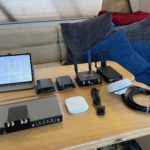
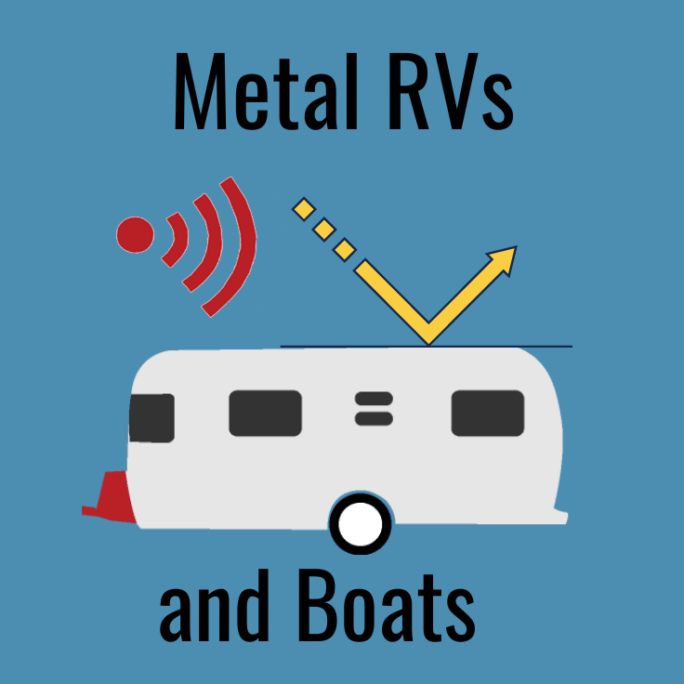
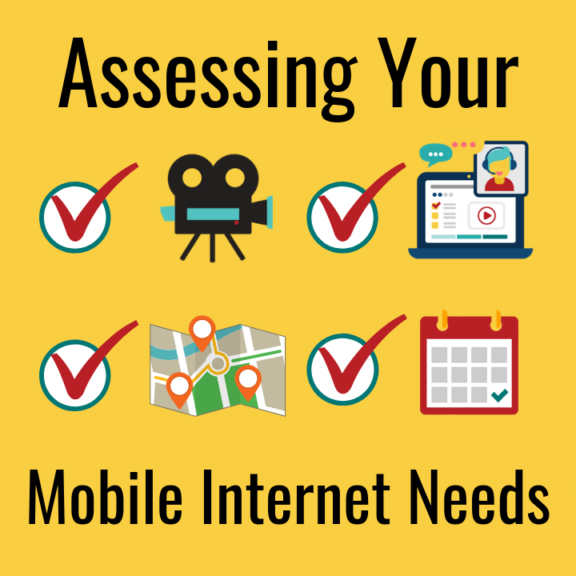
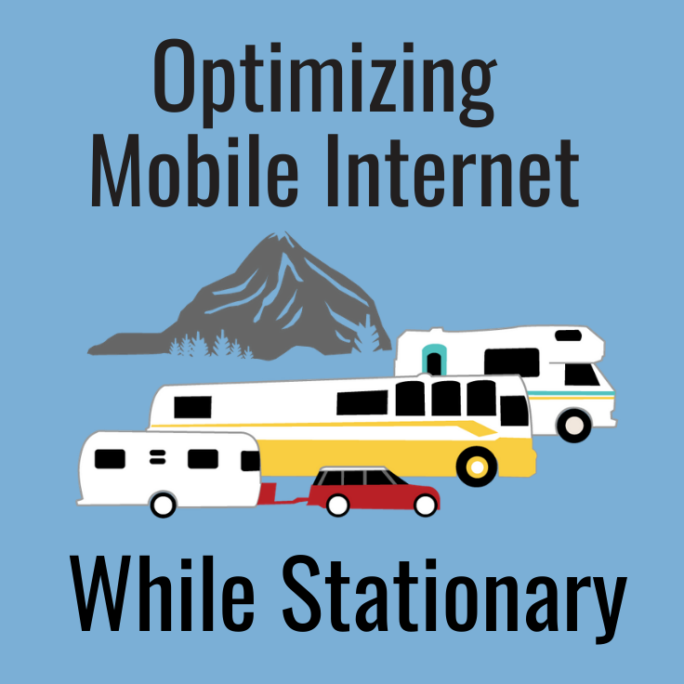

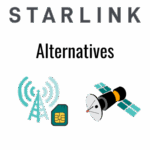

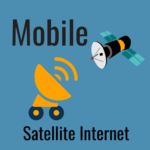

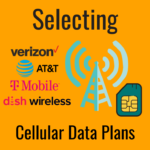
 Mobile Internet Resource Center (dba Two Steps Beyond LLC) is founded by Chris & Cherie of
Mobile Internet Resource Center (dba Two Steps Beyond LLC) is founded by Chris & Cherie of